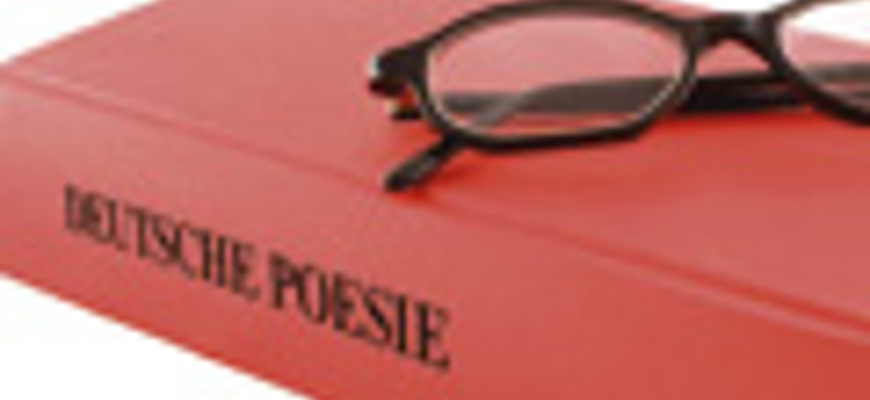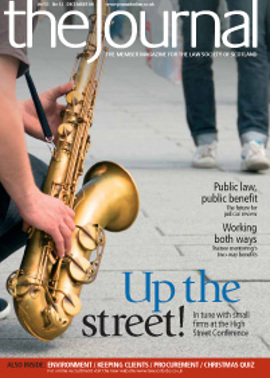Chapter and verse

A decision of the European Court of Justice (ECJ) in the case Directmedia Publishing GmbH v Albert-Ludwigs-Universität Freiburg, has regenerated interest in an intellectual property right known as the database right. For the creators/owners of databases which qualify for protection under the Database Directive 1996, the ruling will be welcomed, as it gives a wide interpretation to what can amount to unauthorised “extraction”, and so expands what can be categorised as infringement.
The directive introduced legal protection for databases, defined as a collection of independent works, data or other materials arranged in a systematic or methodical way, covering both electronic and manual collections. Following an ECJ ruling in 2004 (British Horseracing Board v William Hill: see Journal, December 2004, 45), a high hurdle was set for qualifying for database right. Protection is limited to organisations which have invested substantial resources in seeking out existing independent materials for collection in a database. Organisations which independently created the contents themselves may not be able to rely on database rights unless they can demonstrate they have used additional resources to obtain, verify and present the database. Whilst the new ruling does not alter that test, it does demonstrate that database right can be a very valuable asset.
Selecting from a selection
Mr Knoop of Freiburg University spent two and a half years and approximately 35,000 euro (funded by the university) compiling an anthology of the 1,100 most important poems in German literature between 1720 and 1933. This anthology was based on a list he compiled following reference to many other anthologies containing over 20,000 poems, using various selection criteria. That list was published on the internet.
In 2002 Directmedia began to market a CD-ROM called “1000 poems everyone should have”. Of these, 876 were from the same period as Knoop’s list, and 856 also appeared there. Directmedia admitted that in making their selection they used the list as a guide, omitting some and adding others as well as critically examining Knoop’s selection. Directmedia obtained the text of each poem from their own resources.
Knoop and the university sued Directmedia for infringement of Knoop’s copyright and the university’s database rights. The German court of first instance upheld both claims. The appeal court affirmed the decision on the copyright claim, but made a reference to the ECJ in relation to database right. The court had found in fact that database rights existed, and the ECJ only ruled on the issue of whether Directmedia’s activities amounted to unauthorised “extraction” in terms of the directive.
The ECJ was asked to consider:
Whether the transfer of the data from a database into a different database (the CD-ROM) amounted to an extraction even where that transfer followed an individual assessment resulting from consultation of the database; alternatively
Did extraction presuppose physical copying of data (such as copying and pasting or downloading)?
Caught in the extract
The definition of extraction in the directive is “the permanent or temporary transfer of all or a substantial part of the contents of a database to another medium by
any means or in any form”. The aim was to protect the technical and financial investment made in a qualifying database.
The ECJ ruled that the transfer of material from a protected database to another database following an on-screen consultation of the first database and an individual assessment of the material it contains, is capable of constituting an extraction. It is irrelevant how the transfer is made. It does not require to be a physical transfer through a technical process such as copying and pasting: manual copying is caught. The purpose of the transfer of the data has no relevance. It does not matter whether it was for commercial or competing purposes or not. Furthermore, it did not matter that Directmedia had individually assessed the contents of the list and made some amendments to the contents of their own CD-ROM.
The court did make it clear that once a database is made available to third parties, whether in return for money or not, the maker cannot stop parties consulting it for information purposes. What is not permitted is the permanent or temporary transfer of all or a substantial part of the contents of the database to another database without permission.
Following the ruling it is now for the national court to decide whether or not Directmedia’s extraction amounts to a substantial part, evaluated qualitatively or quantitatively, of the list and so infringes the university’s database right.
Although the circumstances in which a database will qualify for protection are still fairly stringent, the owners of qualifying databases at least now know that infringement is given a broad interpretation. Given the increased reliance on information contained on CD-ROMs and online databases, there may well be an increase in allegations of, and court actions based on, infringement of database rights.
Robert Buchan, Maclay Murray & Spens LLP
In this issue
- Sale and purchase agreements – how to avoid the unexpected
- 2008: a year of change; 2009: a year for progress
- Law: it's the business
- Business makeover
- Training plus
- Registers update
- Public service
- One of a kind
- Brussels sprouts more eco-law
- Test yourself
- Trainees try again
- Terms of Business Guidance Note (November 2008)
- Guideline: Scanning and Archiving Documents (November 2008)
- Client, or customer?
- The changing faces of fraud
- Business advice roundup
- The year that crunched
- The anatomy of law firm failures
- Chapter and verse
- The power of agreement
- Under a cloud
- Scottish Solicitors' Discipline Tribunal
- ECJ in the fast lane
- Website review
- Book reviews
- Tender trouble
- Opportunity beckons, Smart tells symposium
- Public money or bust?






